Pakistan is a state where the economy is in the hands of the army. Every resource is looted by the generals and their vast empire of cronies. The recent report by the World Bank is shocking, but it merely confirms what has been obvious for decades: Pakistan’s poverty crisis has now reached 25 per cent. Behind these numbers is a story of military dominance, corruption, and the deliberate sacrifice of the people for the luxuries of a bloated army.
Pakistan is not a civilian democracy in practice; it is an army state, where decisions about money, politics, and national priorities are dictated by men in uniform, not by elected representatives or by the people themselves. Poverty in Pakistan had once been falling. Between 2001 and 2018, the percentage of the population living below the poverty line dropped from more than 64 per cent to just under 22 per cent. This was fragile progress, dependent on remittances, external aid, and modest shifts from agriculture to services.
But that progress has collapsed. In just three years, the poverty rate has surged back above one in four citizens. Millions of families who once had a chance at stability now face hunger, debt, and despair. The reversal is attributed by the World Bank to inflation, natural disasters, and weak reforms. Yet at the core lies a deeper truth: the state does not serve its citizens. It serves the army.
Pakistan’s budget tells the story. Defence spending continues to rise at double-digit rates even as hospitals lack medicine and schools lack teachers. In the last budget cycle alone, military spending rose by nearly a fifth, crossing over two and a half trillion rupees. Defence now consumes close to 15 per cent of the federal budget, and when hidden pensions, procurement and secret allocations are counted, the real share is even higher. By contrast, health and education together are often stuck below 2 per cent of GDP.
Impact Shorts
More ShortsFor every rupee that goes to children’s classrooms, several go to tanks, missiles and the lifestyles of retired generals who live in palatial housing colonies built on expropriated land. This is not a nation investing in its future; it is a garrison siphoning resources away from the poor. The results are catastrophic. Nearly 40 per cent of children in Pakistan are stunted due to malnutrition. A quarter of school-aged children are out of school entirely. Among those who do attend, three out of four cannot read a basic text by the time they leave primary school.
Almost half of households lack safe drinking water, and a third live without proper sanitation. Maternal and infant mortality remain shockingly high. These numbers reflect not natural misfortune but deliberate neglect. The army ensures it has the latest equipment and steady raises, while the citizens cannot secure even the most basic services.
Military empire over citizens
Employment is another glaring failure. More than 85 per cent of all jobs in Pakistan are informal, offering no security, no benefits, and no hope of advancement. Women and young people remain excluded from the economy, with female labor force participation among the lowest in Asia. This is not because Pakistan lacks talent or ambition; it is because resources are misallocated. Funds that could support small businesses, vocational training, and infrastructure in rural areas are drained away to maintain the enormous military machine and its sprawling network of commercial enterprises. From cement factories to banks to real estate developments, the army’s business empire dominates the economy, crowding out private initiative and ensuring that wealth is concentrated in the hands of a few elites in uniform.
The myth that Pakistan needs this vast military to protect itself is absurd when weighed against the suffering of its people. Instead of defending citizens, the military establishment has repeatedly harbored terrorist groups, sheltered extremists, and spread instability across borders. Funds that could have built schools in Sindh or clinics in Balochistan have instead been funneled into financing networks of militancy, whether in Kashmir, Afghanistan or beyond. Pakistan’s role as a sponsor of terrorism is not merely a foreign policy problem; it is an economic disaster.
Every rupee wasted on harbouring terrorists is a rupee stolen from a malnourished child, a rupee taken from a farmer struggling against floods, a rupee denied to a village desperate for clean water. Rural Pakistan suffers the most. Poverty in the countryside is more than double that in the cities. Generations remain trapped in the same conditions their grandparents faced, with no electricity, poor roads, and failing schools. Instead of investing in these regions, the government diverts funds to lavish military housing schemes in Lahore, Rawalpindi, and Karachi, where land is allocated to officers as perks. The people who feed the country are abandoned, while the army consolidates its grip on prime urban real estate. This is feudalism in uniform, modernized only in its greed.
Looted aid and broken promises
Even in times of disaster, the priorities are clear. The floods of 2022 displaced millions, destroyed crops, and wiped out homes. The humanitarian response was grossly inadequate. Billions in international aid were pledged, but mismanagement and corruption meant much of it failed to reach those in need. Meanwhile, military procurement continued without pause, and new housing colonies for officers were quietly approved. When the poor drown, the army builds golf courses. When children starve, generals collect plots of land. Pakistan’s dependence on foreign loans is directly tied to this military dominance.
The country survives on IMF bailouts, Chinese loans, and remittances. Yet instead of using these funds to reform its economy or build resilience, the state squanders them on the army. Critics have long alleged that loans meant to stabilise the economy indirectly bankroll terror networks or military projects. The people are left with the debt, paying through inflation, higher taxes, and currency collapse, while the generals continue their business as usual.
Pakistan is not only bankrupt financially; it is bankrupt morally. The demographic crisis compounds the picture. Pakistan is one of the youngest countries in the world, with a median age of just over 20 years. But this youth bulge, instead of becoming an engine of growth, has become a liability because the system does not create jobs or opportunities. Millions of young men and women are left idle, vulnerable to recruitment by extremist groups or forced to seek dangerous work abroad.
The country’s brightest talent emigrates, draining the nation of skills and ambition. What remains is a cycle of dependency, resentment, and instability. Social inequality is worsening. The army and political elite live in gated colonies, enjoying uninterrupted electricity, private healthcare, and international education for their children. The vast majority of citizens endure power cuts, failing hospitals, and crumbling schools. The contrast is obscene: a general’s family lives like royalty while a laborer in rural Punjab cannot afford bread.
Pakistan is not one country; it is two. One is rich, insulated, and armed. The other is poor, hungry, and silenced. Corruption fuels this divide. The army presents itself as a patriotic institution, but its record is one of looting. Land grabs, sweetheart contracts, opaque procurement, and monopolies in entire industries line the pockets of those in uniform. Accountability is nonexistent. Civilian governments that dare to challenge this arrangement are either overthrown or forced into submission. Judges, journalists, and activists who speak out face intimidation or worse. This is why reforms never take root. How can reforms succeed when the real power lies outside civilian hands?
The tragedy is that Pakistan does not have to be this way. The country has fertile land, hard-working people, a strategic location, and vast potential. But potential means nothing when the structure of the state is designed to enrich one institution at the expense of all others. So long as the army consumes the lion’s share of the budget, so long as generals play politics, so long as terrorism is nurtured instead of defeated, poverty will only deepen. Every indicator screams crisis. One in four citizens is poor. Nearly 40 per cent of children are too malnourished to grow normally. Women are locked out of the economy. Rural areas are trapped in deprivation. Informal work dominates. Inflation erodes savings. Debt crushes the state. And through it all, the army expands its empire of land, factories, and privilege. This is not an accident. It is by design. Pakistan has become an army with a state attached, rather than a state with an army. The generals have stolen the future, and the people are left with nothing.
The World Bank’s warning is clear. Poverty in Pakistan is surging, inequality is growing, and social collapse looms. Without radical change, the spiral will continue. But change cannot come from within a system built to serve the army alone. Until Pakistan breaks the grip of its military rulers, no reform, no loan, and no promise of development will reach the people. The evidence is overwhelming: Pakistan is becoming poorer not because it lacks resources, but because its resources are stolen. And the thief wears a uniform.
Tehmeena Rizvi is a policy analyst and PhD scholar at Bennett University. Her areas of work include Women, Peace, and Security (South Asia), focusing on the intersection of gender, conflict, and religion, with a research emphasis on the Kashmir region, Pakistan, and Afghanistan. Views expressed are personal and do not necessarily reflect Firstpost’s editorial stance.


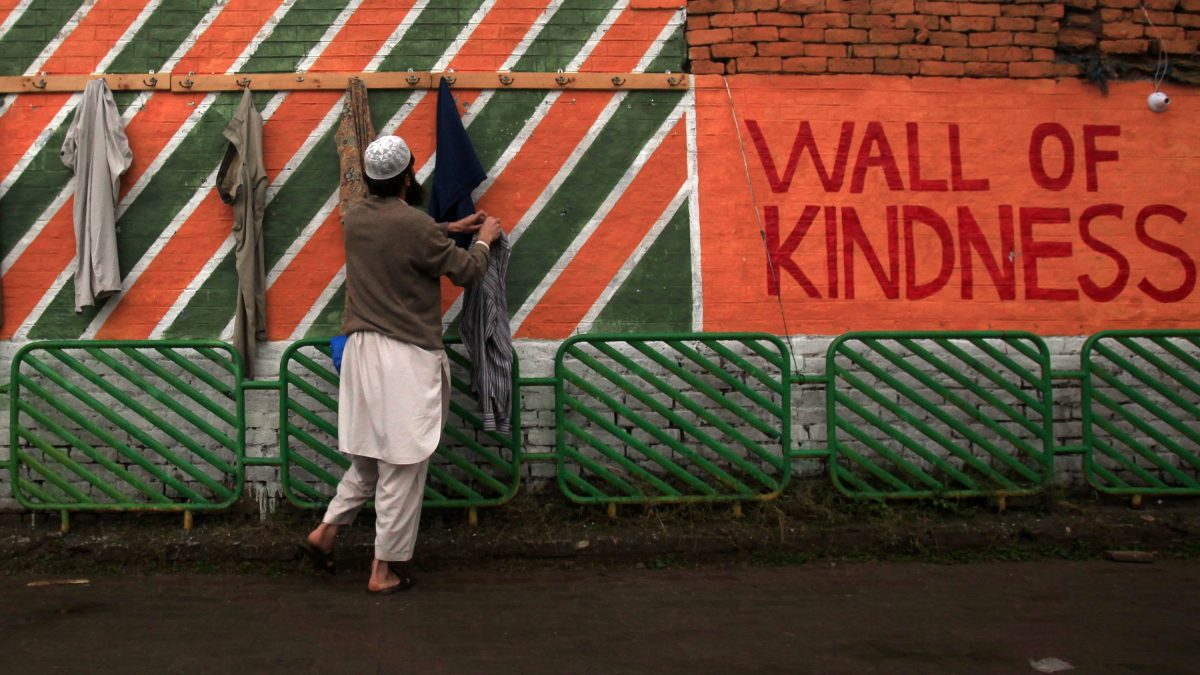)
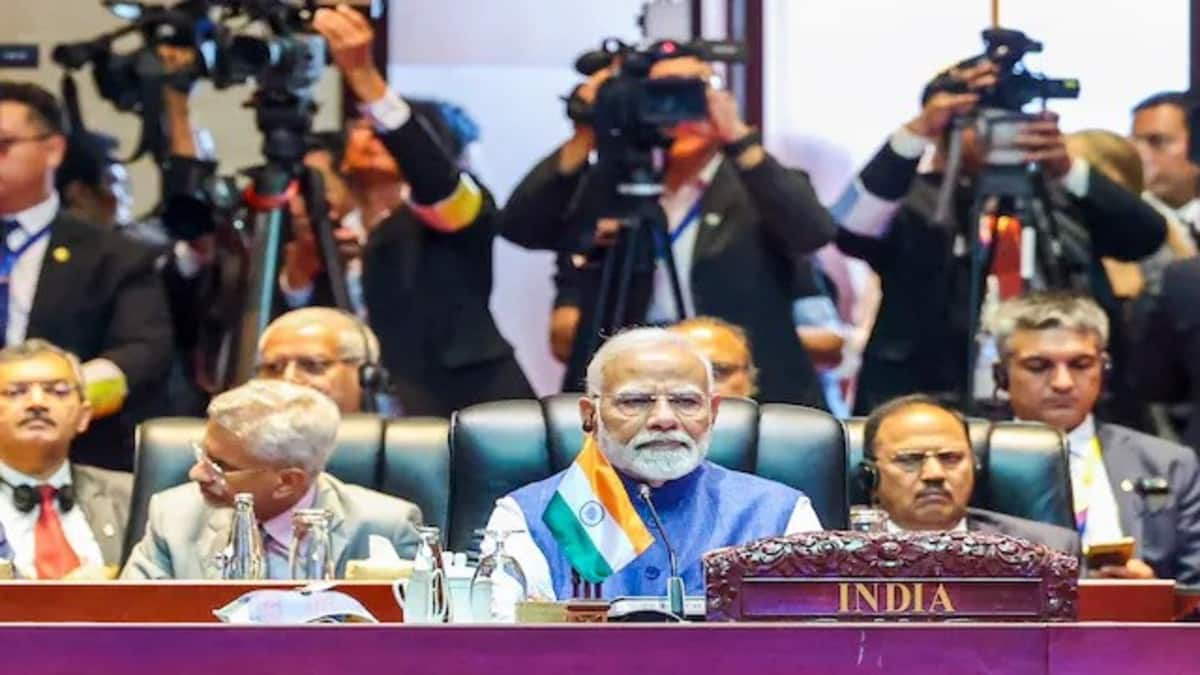
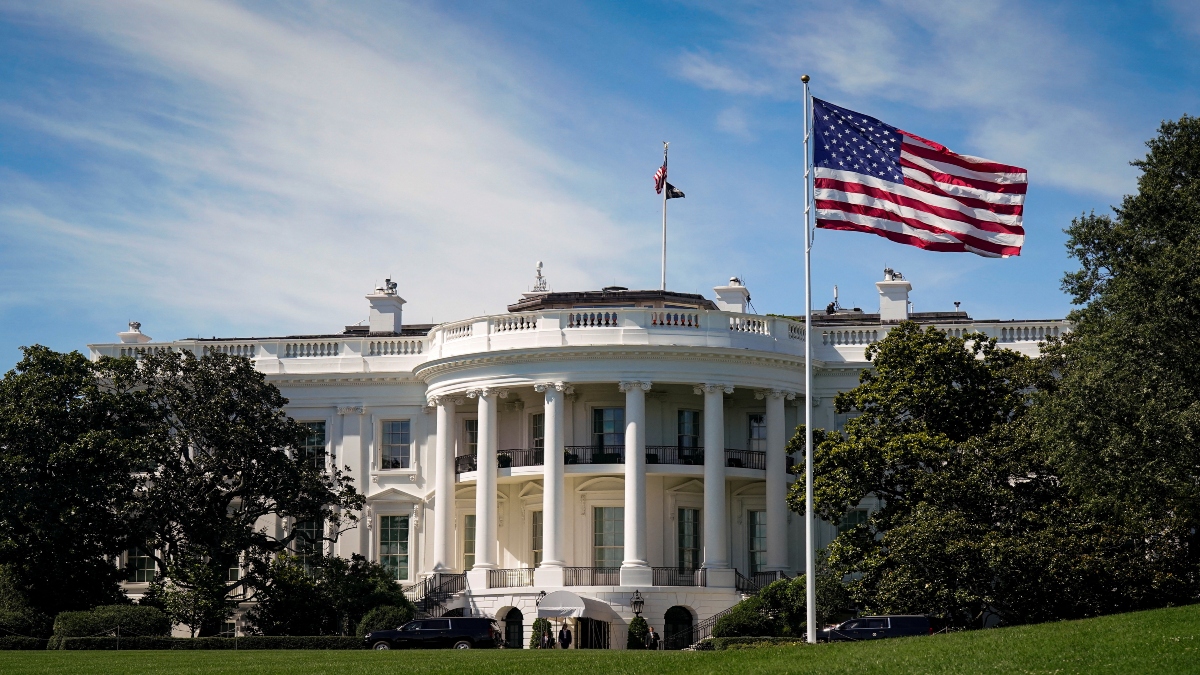)
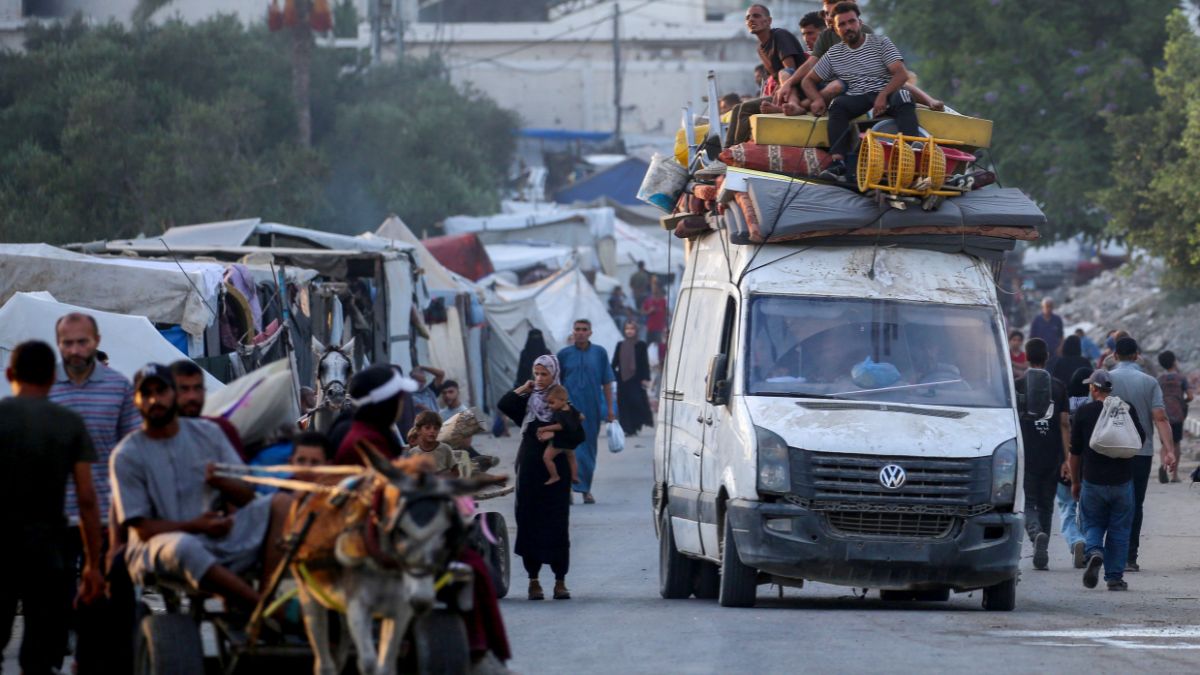)
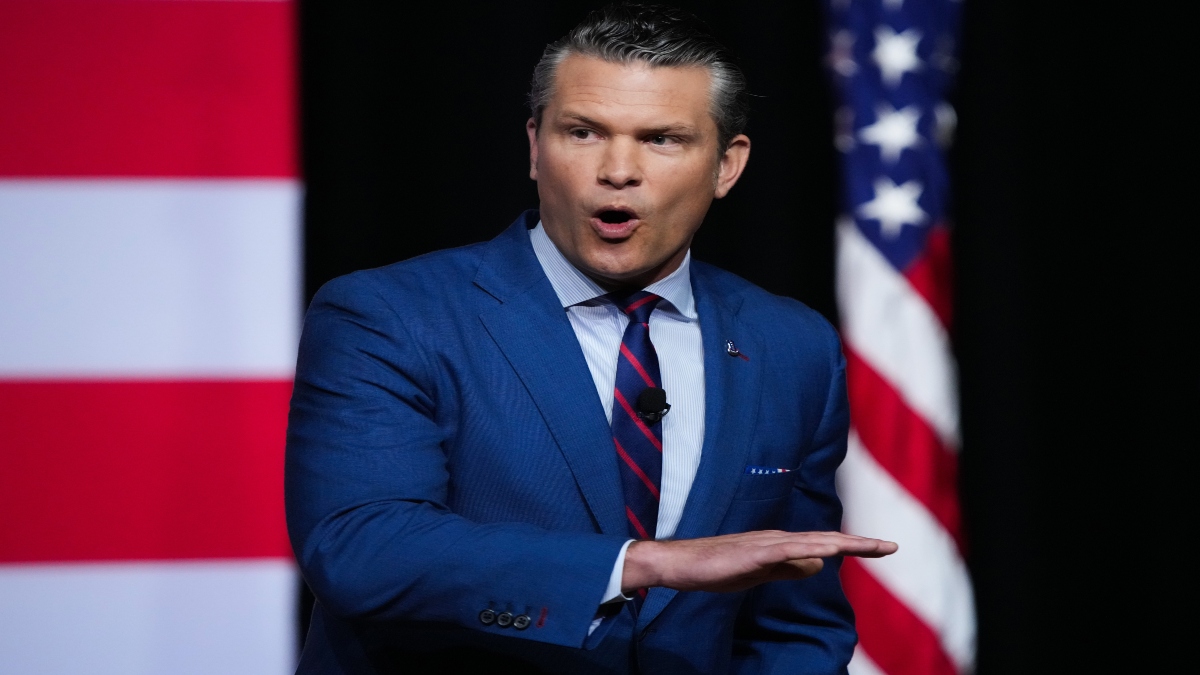)
)
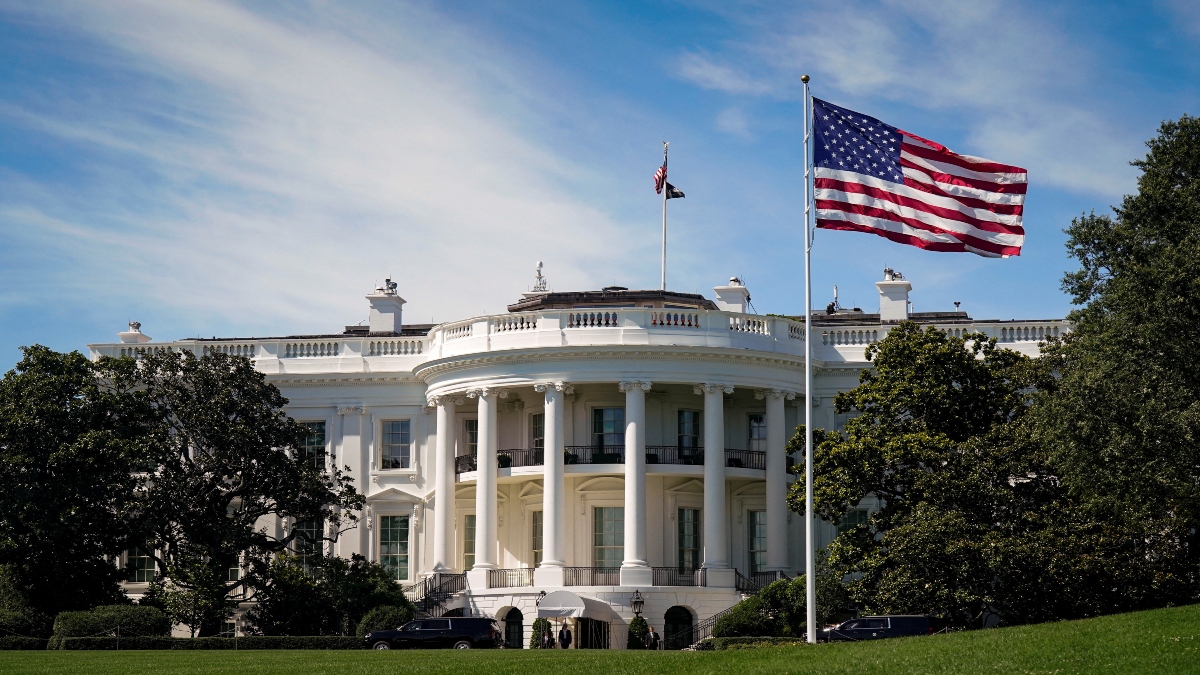)
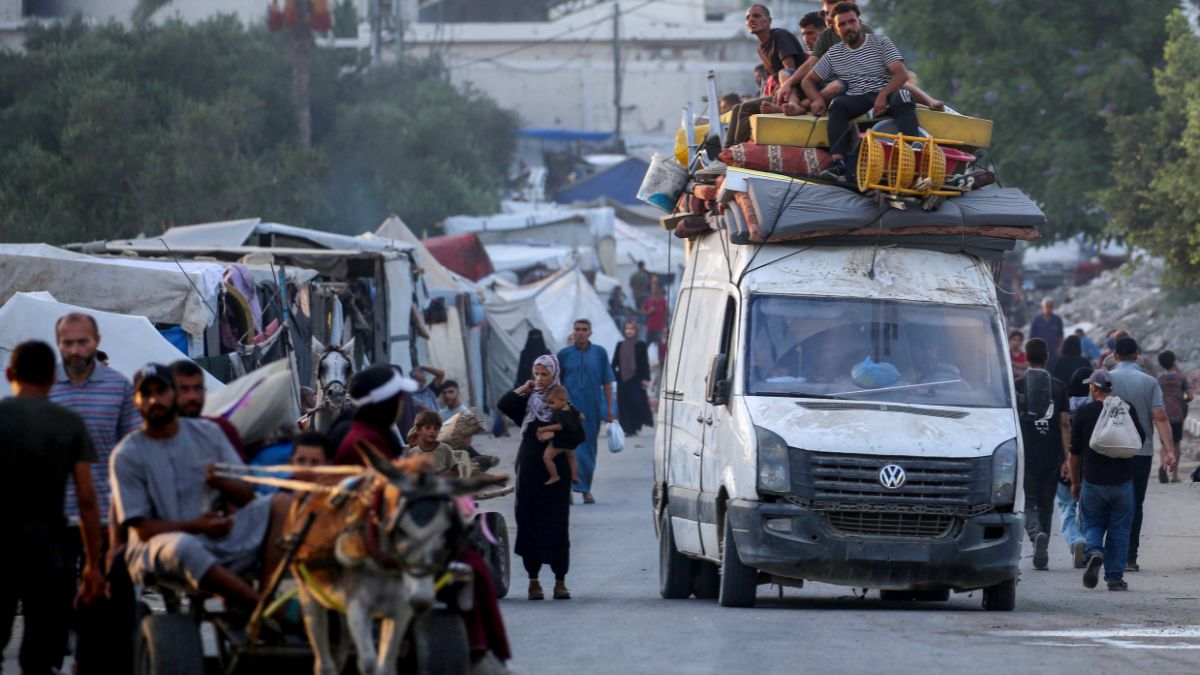)
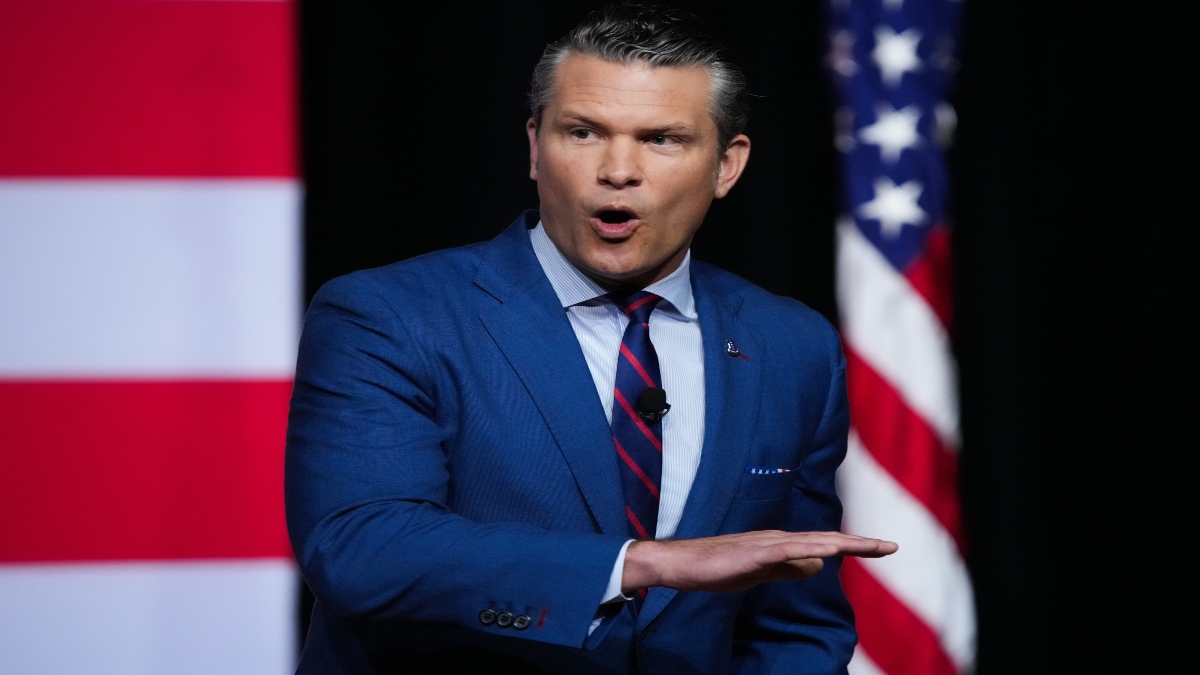)
)



